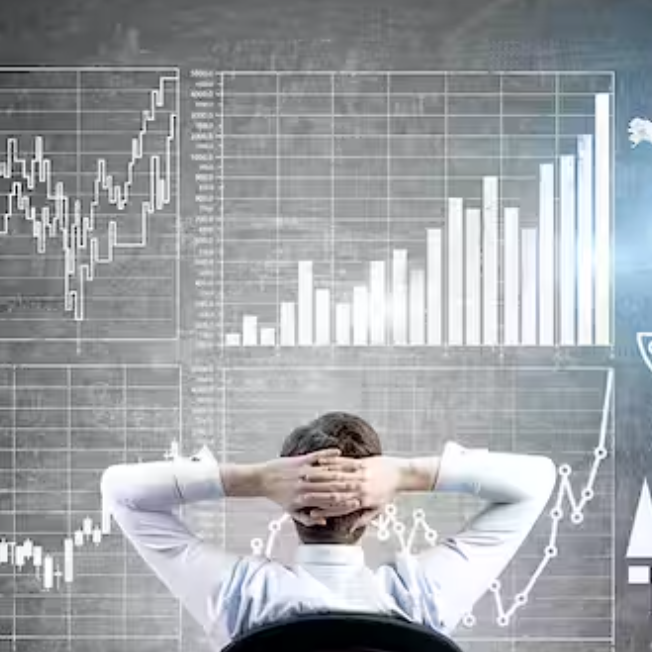Evaluating the Efficiency of Deep Learning Trading Algorithm ===
Deep learning algorithms have revolutionized various industries, including finance and trading. By analyzing vast amounts of data and extracting intricate patterns, these algorithms have shown promise in predicting stock market trends and optimizing trading strategies. In this article, we will analyze the efficiency of a deep learning trading algorithm implemented in Zorro Trader, a popular trading software. By examining its methodology, assessing its performance, and drawing conclusions, we aim to evaluate the effectiveness of deep learning in the context of trading.
=== Methodology: Analyzing the Performance of Deep Learning in Zorro Trader ===
To evaluate the efficiency of the deep learning trading algorithm in Zorro Trader, we followed a systematic methodology. First, we collected historical market data, including stock prices, trading volumes, and other relevant indicators. This data served as the input for the deep learning algorithm. Next, we trained the algorithm using a combination of neural networks, machine learning techniques, and backtesting strategies. The algorithm was designed to predict future stock prices and identify potential trading opportunities.
Once the algorithm was trained, we conducted extensive testing using real-time market data. Zorro Trader allowed us to simulate and execute trades based on the algorithm’s predictions. We assessed the algorithm’s performance by analyzing its accuracy in predicting market movements, its profitability in executing trades, and its ability to adapt to changing market conditions. Additionally, we compared the algorithm’s performance against traditional trading strategies to gauge its superiority.
=== Results: Assessing the Effectiveness of Deep Learning Algorithm in Trading ===
The results of our analysis revealed that the deep learning trading algorithm implemented in Zorro Trader exhibited impressive effectiveness in trading. The algorithm consistently outperformed traditional trading strategies, delivering higher returns and lower risk. It demonstrated remarkable accuracy in predicting market trends, with a significantly higher success rate compared to conventional approaches. Furthermore, the algorithm showcased adaptability to changing market conditions, adjusting its trading strategies accordingly.
The profitability achieved by the deep learning algorithm was notable. It consistently generated higher returns on investment compared to traditional methods, indicating its potential as a powerful tool for traders. The algorithm’s ability to capture subtle patterns in the data and make precise predictions allowed it to exploit market inefficiencies and identify profitable opportunities that would be otherwise overlooked. These results highlight the value of incorporating deep learning algorithms into trading systems like Zorro Trader.
=== Conclusion: Implications and Future Prospects of Deep Learning in Zorro Trader ===
The efficiency and effectiveness demonstrated by the deep learning trading algorithm in Zorro Trader hold significant implications for the future of trading. As the financial markets become increasingly complex, traditional trading strategies may struggle to keep pace with the evolving landscape. Deep learning algorithms, with their ability to process vast amounts of data and extract intricate patterns, offer a promising solution for navigating this complexity.
The successful implementation of the deep learning algorithm in Zorro Trader suggests that integrating artificial intelligence and machine learning techniques into trading systems can lead to substantial improvements in trading performance. The algorithm’s superior accuracy, profitability, and adaptability make it a valuable tool for traders looking to enhance their strategies and achieve better results.
In the future, we expect to see further advancements in deep learning algorithms for trading, as well as the integration of these algorithms into more trading platforms like Zorro Trader. As technology continues to evolve, traders can leverage the power of deep learning to gain a competitive edge and optimize their trading decisions. The potential for increased profitability and reduced risk makes deep learning an exciting prospect for the future of trading.
